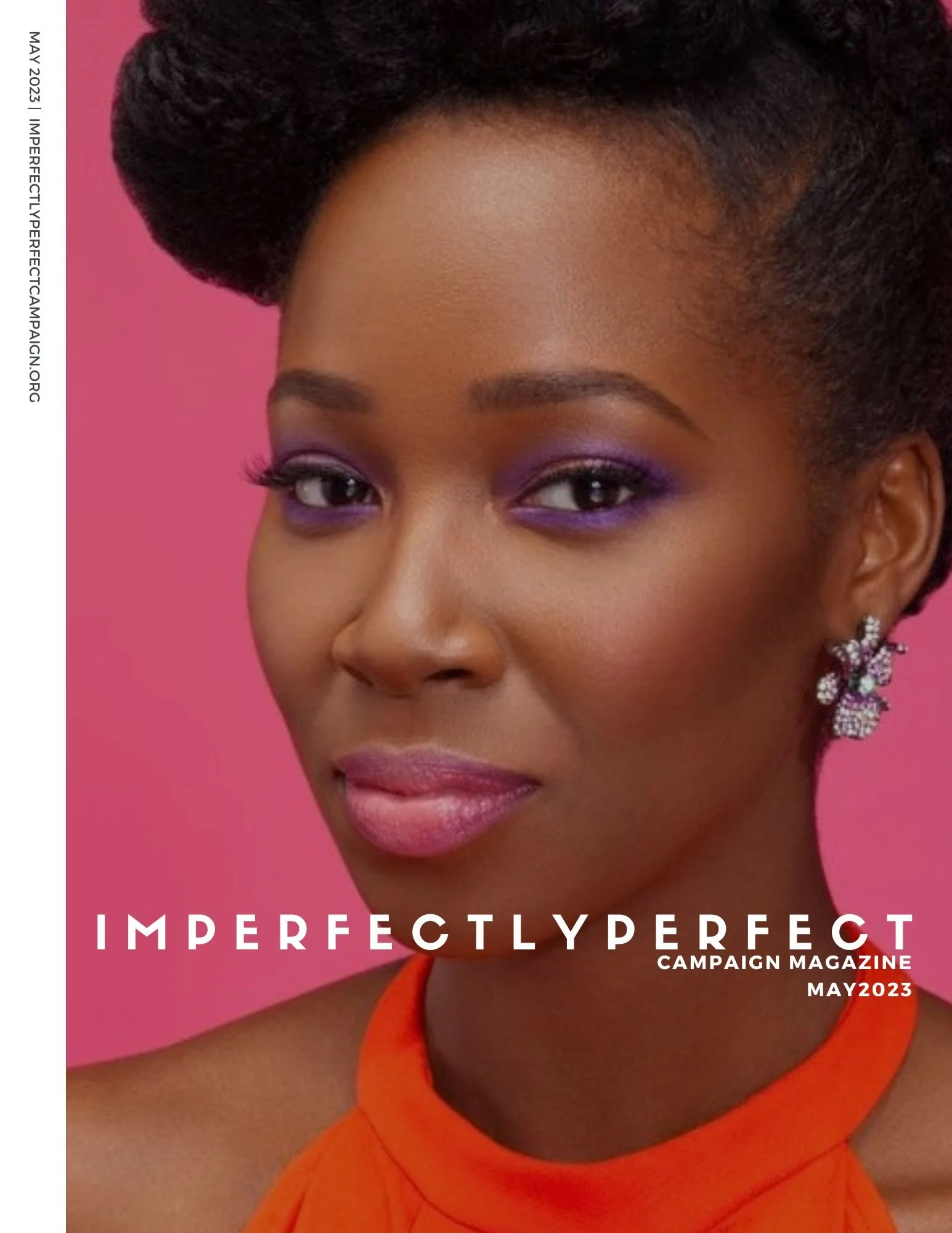Mental health has become a global priority, with organisations worldwide stepping up to address a crisis that touches nearly every corner of humanity. The sheer number of groups dedicated to this cause is awe-inspiring, reflecting a collective recognition that mental well-being is as vital as physical health. But how many organizations are out there, and what does their diversity tell us about the fight against the rising tide of mental health struggles? Let’s dive into the numbers, the nuances, and the remarkable efforts—like the Imperfectly Perfect Campaign—that are reshaping how we connect and heal.
A World of Mental Health Advocates
Estimating the exact number of mental health organisations globally is a challenge due to the decentralised nature of grassroots efforts, national charities, and international bodies. However, the World Health Organization (WHO) provides a glimpse into the scale: as of 2022, their World Mental Health Report noted collaboration with over 700 partners across sectors, from NGOs to academic institutions, all working to transform mental health care. The Mental Health Innovation Network, a global community, lists hundreds of member organizations, while the Movement for Global Mental Health boasts over 200 institutional members as of recent counts. Add in countless local initiatives—think community support groups in rural India or urban helplines in the U.S.—and the total could easily reach into the thousands.
This proliferation is amazing. It signals a shift from silence to action. According to the WHO, nearly 1 billion people lived with a mental disorder in 2019, with suicide claiming over 700,000 lives annually—a number that underscores the urgency. Dr. Tedros Adhanom Ghebreyesus, WHO Director-General, has said, “Mental health is one of the most neglected areas of public health, yet the need for action is indisputable and urgent.” The fact that thousands of organisations are responding—whether through advocacy, therapy, or education—is a testament to humanity’s growing resolve.
Men’s and Women’s Mental Health: Separate Streams?
Within this vast ecosystem, many organisations carve out niches, including those focused specifically on men’s or women’s mental health. For men, groups like Movember, which funds over 1,250 men’s health projects globally, and the UK’s Men’s Health Forum tackle issues like stigma and suicide, where men account for nearly 80% of deaths in the U.S., per the CDC.
For women, the landscape is equally robust. While exact counts are elusive, it’s fair to estimate hundreds of organisations worldwide dedicate themselves to these gender-specific needs.
But here’s a question: Why the separation? Men and women face distinct societal pressures—stoicism for men, caregiving burdens for women—yet mental health struggles transcend gender. Do these silos amplify impact, or do they fragment resources?
Combining Forces: A Dream Unrealised?
As the mental health crisis escalates—depression and anxiety rose over 25% in the pandemic’s first year alone, per WHO—could large organisations combine resources for greater reach? Examples exist but are rare. The WHO’s mhGAP program partners with United for Global Mental Health and the World Federation for Mental Health, pooling expertise for initiatives like World Mental Health Day. In the U.S., NAMI collaborates with the Substance Abuse and Mental Health Services Administration (SAMHSA) to amplify outreach. Yet, these efforts are often project-based, not systemic.
Dr. Vikram Patel, a global mental health pioneer, noted in a 2019 PMC article, “Mental health funding remains a tiny fraction of health budgets—less than 2% globally—despite its burden.” With resources so scarce, why don’t we see more giants like Movember, NAMI, or PSI merging funds and networks to flood communities with support? Is it pride, branding, or logistical complexity holding them back? The potential is tantalizing: imagine a unified campaign leveraging Movember’s $1 billion raised since 2003 with PSI’s grassroots reach. Could this be the key to closing the treatment gap, where 75% of people in low-income countries get no care?
The Imperfectly Perfect Campaign: Connection Over Categories
Amid this landscape, the Imperfectly Perfect Campaign stands out—not for its size or budget, but for its resonance. Founded by Glenn Marsden nearly seven years ago, it’s touched millions by doing something simple yet profound: sharing human stories. Unlike many organisations fixated on men, women, or specific demographics, it unites people across color, creed, and social status. Over 500 public figures—actors, athletes, everyday folks—have bared their struggles, from anxiety to grief, creating a raw authenticity.
The success isn’t in numbers alone (though its global reach is impressive) but in its universality. A 2019 PMC review found storytelling interventions boost help-seeking attitudes by 20-30% more than generic messaging—credit to researchers like Dr. Thomas Niederkrotenthaler. When a Muslim woman hears a white man’s breakdown, or a Black child sees an Asian elder’s tears, walls crumble. It’s not about “men’s mental health” or “women’s struggles”—it’s about our struggles. Marsden’s vision taps into what Dr. Simon Rice calls “the human need for connection over isolation” (The Lancet Public Health, 2021).
Glenn Marsden’s Unconventional Path
Marsden’s approach is as unconventional as it is inspiring. Turned off by the nonprofit world’s push for charity status and donation drives, he refused to ask struggling people for money. “I couldn’t stomach it,” he’s said. Instead, he leaned on his entrepreneurial skills—honed in networking, marketing and media—to build a movement from scratch. No grants, no handouts—just grit and a camera. For nearly seven years, he’s poured free resources—videos, podcasts, workshops—into the world, reaching millions.
This self-funded model has let him speak globally, from LA to London, sharing stages with mental health leaders. His skillset—storytelling, networking, persistence—has fuelled a platform that’s not beholden to donors or bureaucracy. It’s a middle finger to the system, proving impact doesn’t need a tax ID. As he puts it, “People don’t need another charity—they need to feel seen.”
A Call to Reflect
The thousands of mental health organisations worldwide are a marvel, each a beacon in the dark. Yet, as the crisis grows, we must ask: Are we maximizing our collective power? Could giants unite, inspired by the likes of Imperfectly Perfect’s human-first ethos? Marsden’s success shows that connection—not cash or categories—moves the needle. Maybe it’s time we all listened—to the numbers, the stories, and the quiet strength of a man who built a movement on nothing but belief.
























